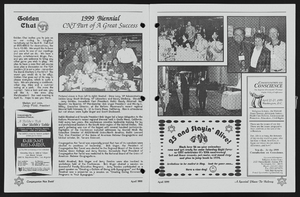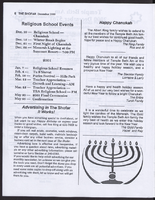Search the Special Collections and Archives Portal
Search Results

Interview with G. Nicholas Stuparich, Jr., October 18, 2006
Date
2006-10-18
Archival Collection
Description
Narrator affiliation: Atomic Veteran, Pacific Proving Ground; Curtiss Atomic Marines
Access note: Audio temporarily sealed
Access note: Audio temporarily sealed
Text

Interview with Harold Melvin Agnew, October 10, 2005
Date
2005-10-10
Archival Collection
Description
Narrator affiliation: Physicist; Director, Los Alamos National Laboratory
Text

Interview with John Joseph Brown, September 26, 2005
Date
2005-09-26
Archival Collection
Description
Narrator affiliation: Radiological Safety Supervisor, Reynolds Electrical and Engineering Company (REECo)
Text
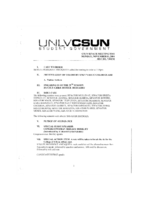
Meeting minutes for Consolidated Student Senate, University of Nevada, Las Vegas, November 01, 2004
Date
2004-11-01
Archival Collection
Description
Includes meeting minutes and agenda.
Text
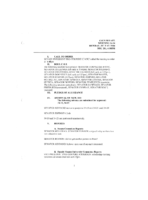
Meeting minutes for Consolidated Student Senate, University of Nevada, Las Vegas, July 12, 2004
Date
2004-07-12
Archival Collection
Description
Includes meeting minutes and agenda, along with additional information about bylaws, reports, and contracts.
Text
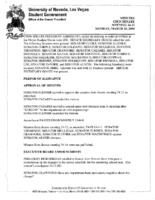
Meeting minutes for Consolidated Student Senate, University of Nevada, Las Vegas, March 29, 2004
Date
2004-03-29
Archival Collection
Description
Includes meeting minutes and agenda.
Text
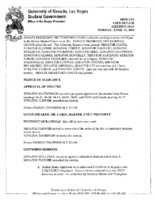
Meeting minutes for Consolidated Student Senate, University of Nevada, Las Vegas, April 12, 2004
Date
2004-04-12
Archival Collection
Description
Includes meeting minutes and agenda.
Text
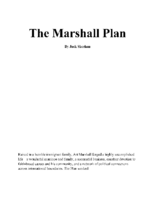
Book, The Marshall Plan, by Jack Sheehan, 2013
Date
2013
Description
Art Marshall is one of the founders of the Marshall-Rousso chain of women's dress shops that started in casinos in Las Vegas. He is also a banker, a member of the Nevada Gaming Commission, is active in the Anti-Defamation League and the Jewish Federation of Las Vegas, is an art collector, and is a philanthopist, especially for Jewish faith-based causes and for the University of Nevada, Las Vegas.
Text
Pagination
Refine my results
Content Type
Creator or Contributor
Subject
Archival Collection
Digital Project
Resource Type
Year
Material Type
Place
Language
Records Classification

